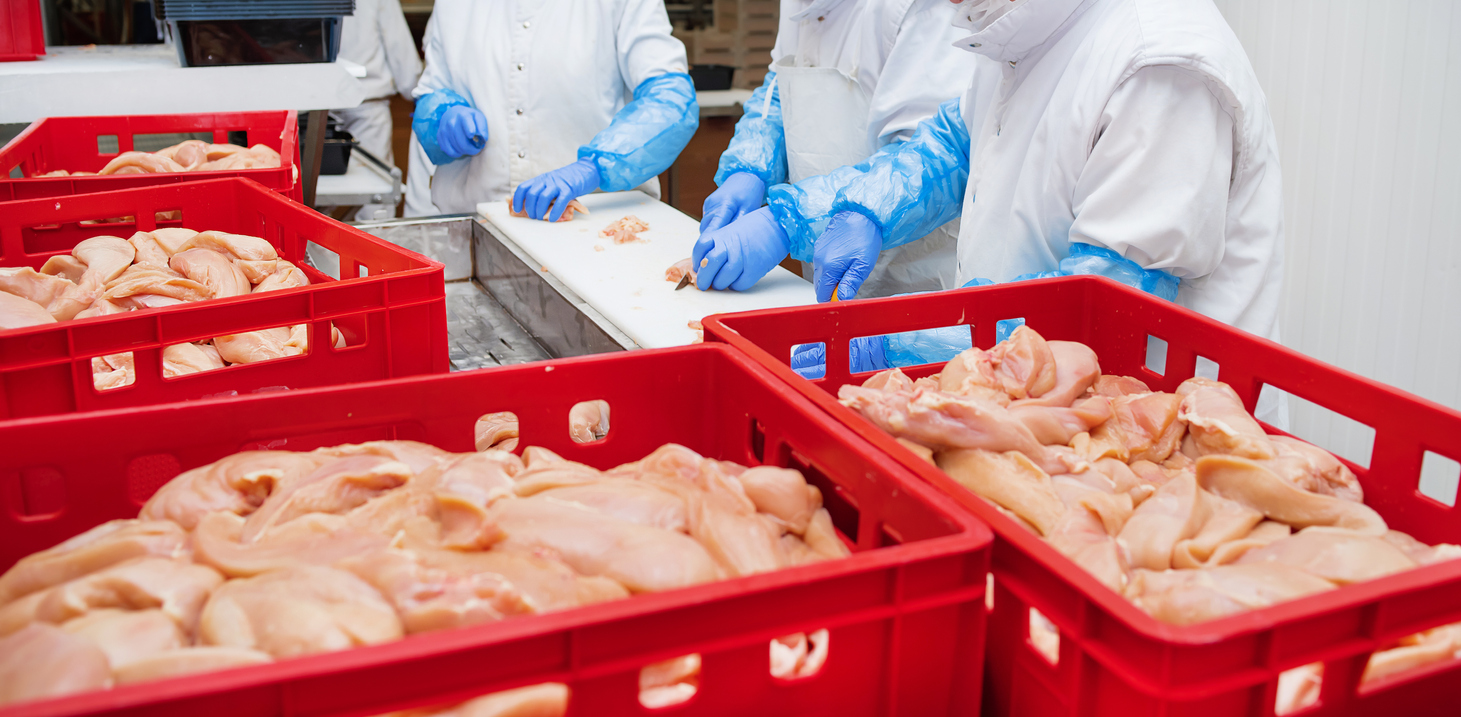5 Reasons You Need a Factory Floor Software System for Meat, Fish and Food Processing Companies
5 Reasons You Need a Factory Floor Software System for Meat, Fish and Food Processing Companies
Today’s food manufacturing companies need to be more agile, digitally connected and sensor-driven. Now more than ever, manufacturers are keeping their eyes on operational cost and identifying inefficiencies that can be fixed with the latest technologies. With a booming population and an increasing demand for natural and organic foods, it makes sense that food manufacturers are looking to streamline their processes to meet consumer demands. But, bigger companies aren’t the only ones who can leverage technology to increase profitability. Smaller manufacturers can do it too! Operational inefficiencies often lead to overproduction and excess inventory, which leads to low profits or even losses. If you own a meat, fish or food processing company, here are 5 reasons why you need a factory floor software system:
It’s the only way to see your entire factory at once.
If you have multiple shifts, multiple departments, and multiple locations, you need a way to connect the dots. If you have a centralized system for production, you’ll be able to see, in real-time, what activities are occurring at each plant. You’ll be able to see which employees are where and what workflows need to be changed. You’ll also be able to monitor your supply chain and see where your raw materials are coming from.
Live production data on your fingertips.
You need real-time data that’s accurate. You need to know how much your machines are producing, what the quality of the product is, and how much it costs to make. Having all of this information at your fingertips will help you make better business decisions, like what products to produce, when to produce them, and how much they cost to make. You’ll also be able to calculate your gross profit and EBITDA (earnings before interest, taxes, depreciation and amortization) so that you can make more informed business decisions.
You’ll know exactly when and what to produce.
You might have a hunch that you need to produce more chicken breasts next week or you need to produce more T-bone steaks this week. But, you’re not sure why. With a factory floor software system, you’ll be able to see what your demand is and make adjustments accordingly. You can see which products are selling the best, which ones aren’t selling at all, and why some products need to be produced more or less often. This will help you make better decisions about your production schedule so that you only make what you need to make.
Process and workflow automation is non-negotiable.
Every company, including meat, fish, and food processing plants, has five core responsibilities: create something of value, deliver it to the right customer, collect the payment, make a profit, and serve the customer with excellence. Automation plays an important role in achieving these five core responsibilities with the least amount of resources. Real-time data from your factory floor software system will help you identify pain points in your system. On the other hand, service excellence depends on smooth and efficient workflow between departments. For instance, let’s say that your shipping department is receiving 50 orders per day. But, the production department is only able to produce 35 orders per day. You need to resolve this issue.
Data-driven automation will save you money.
Automation is crucial to food production. It allows you to make things more efficient, minimize errors, and save on costs. This will save you money on energy and labour costs. You also won’t have to pay more for raw materials (like ingredients, packaging, etc.). Finally, you won’t need to pay more to hire more employees. However, you need the right software system to make all of this happen. A good factory floor software system will allow you to schedule workflows, track metrics, and automate processes to make everything happen seamlessly. With the right system, you can make your business more efficient, save money, and increase your profitability.
Conclusion
Invest in a factory floor software system that is scalable, has great connectivity and data security, and is simple enough to use. This will help you improve your company’s efficiency and save you money in the long run.








LEAVE A COMMENT
You must be logged in to post a comment.